Trash, bang, wallop: How the bonkbuster novel came to define a generation for millions of women
Has the genre’s time really passed? David Barnett finds out – and unveils a shocking revelation in the process


With the passing of Judith Krantz in June, it’s possible that the sun has set on the kingdom of which she was one of the queens – that of the bonkbuster novel.
The bonkbuster was born in the 1980s, which is appropriate; these brick-sized books celebrated what many might think of as the worst excesses of the decade – conspicuous wealth; rich, powerful people untroubled by conscience or guilt; fast cars, faster planes and luxury yachts; exotic locales that were the exclusive playgrounds of the elite and entitled.
And readers lapped it up. Krantz, who died at her Los Angeles home, aged 91, sold something like 85 million copies of her 10 novels, and could arguably be said to have ushered in the age of the bonkbuster.
Her debut novel, Scruples, was published in 1978, when Krantz was 50. Her fiction career came after a working life in journalism, especially in glossy women’s magazines, which seems to be a common route for many bonkbuster authors.

Scruples concerned the weightily-named Wilhelmina Hunnewell Winthrop, a member of a rich old Boston dynasty, the black sheep of the family largely by dint of her being overweight, a cardinal sin among the rich and beautiful. Left a legacy of $10,000 by a wayward aunt, she goes off to Paris to reinvent herself, returning as the coolly-sophisticated (and, most importantly, thin) Billy, ready to wreak havoc in New England and New York.
It was already a bestseller by the time it was made into a glossy TV miniseries in 1980, and at the top of the decade it established a genre that was going to become almost unstoppable.
Jackie Collins, sister of Joan, had been writing novels since the late 1960s. Her debut, in 1968, The World is Full of Married Men, could conceivably be said to be the proto-bonkbuster, with its tale of an adulterous London ad man cheating on his wife with a wannabe actress. She swiftly followed it up with The Stud, about the wife of a wealthy businessman who employs the titular stud to not only manage the nightclub she owns but to keep her well-sexed.
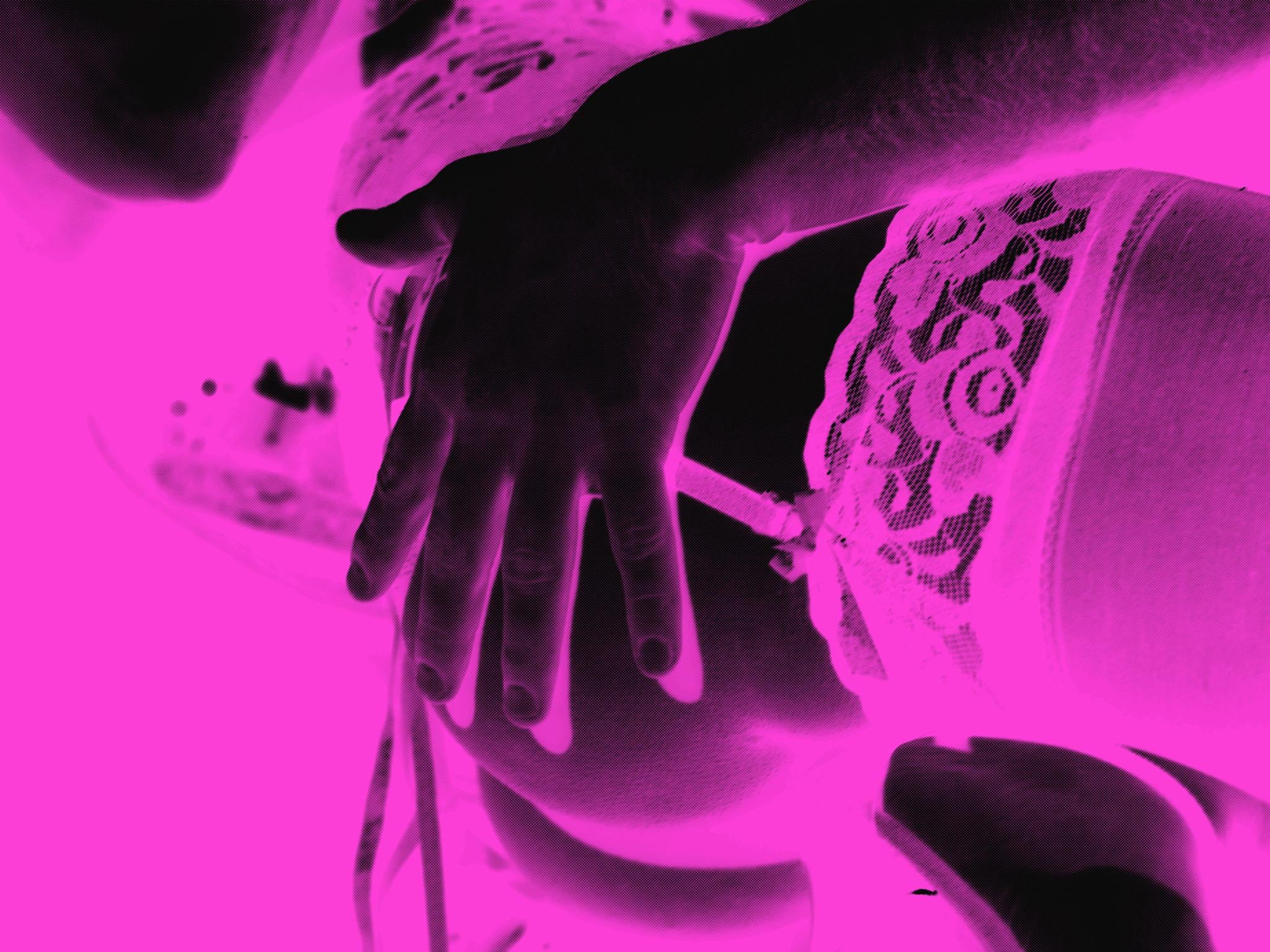
But it was in 1981 when Collins really made her bid for the bonkbuster crown with the publication of Chances. Collins had moved to LA in the late Seventies, all the better to document the lives of the filthy rich and famous, and Chances introduced arguably her most enduring character: Lucky Santangelo, daughter of an organised crime boss. The Santangelos would form the basis of nine Collins novels, creating a tapestry that spanned the 1920s to the present day.
Like Jackie Collins, Jilly Cooper was British, but stayed in the Home Counties rather than decamping to California. And like Jackie, she started writing books in the Sixties, non-fiction that was based on the column she was writing for The Times, which tackled love, marriage and sex in the age of permissiveness and liberation. But it was her novel Riders, published in 1985 (after a false start; she left her first manuscript of the novel on a bus a decade earlier and had to rewrite from scratch) that propelled her into bonkbuster superstardom.
Riders introduced the roguish Rupert Campbell-Black and was the first of Cooper’s Rutshire Chronicles. There was as much humour as sex-and-shopping in Cooper’s novels – Rutshire itself is so on the nose; they are literally rutting in the shires, against a backdrop of moneyed British pursuits such as horse riding and classical music. Her most recent novel, 2016’s Mount!, put the focus back on Rupert Campbell-Black and his devious ways.
Judith, Jackie, Jilly. They could be said to be the triumvirate of the bonkbuster, though of course there were many more writing in the genre. Shirley Conran, for example, whose 1982 novel Lace was turned into a TV series two years later, and which gave the world the immortal line, “Which one of you bitches is my mother?”
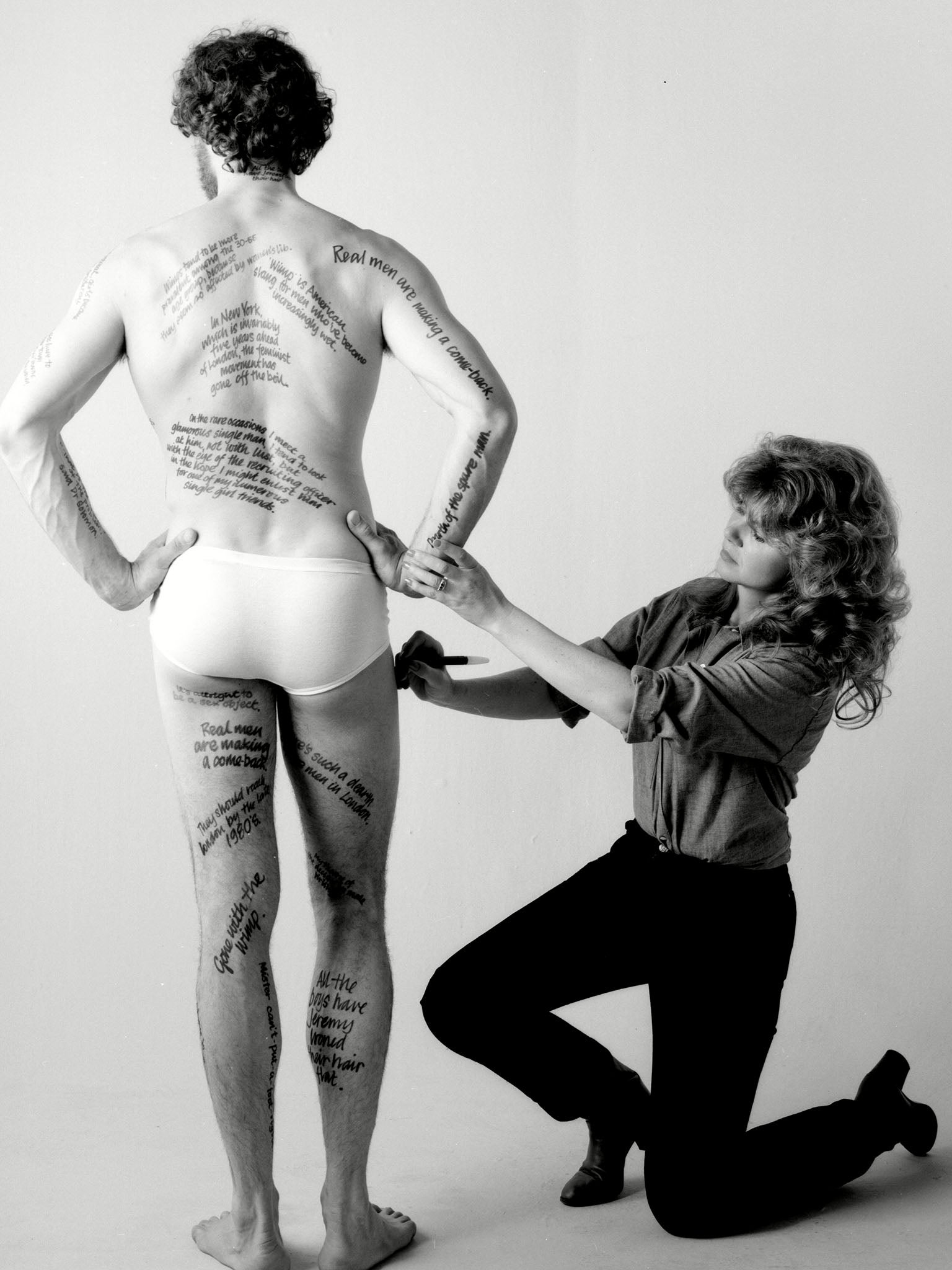
For most of their readership, the big bonkbusters were really as much fantasy as Lord of the Rings. And yet they continued to sell in their millions. And that was the point, suggests Daisy Buchanan, journalist and author of How To Be A Grown Up and her latest, The Sisterhood, which looks at how women connect with each other and which she describes as “a love letter to the women who have shaped me”.
“I think bonkbusters are escapist fantasies – and I think they’re feminist because they show women being flawed and complex, and they show women wanting and dreaming,” says Buchanan. “They are about desire on all fronts – women aren’t allowed to want things, and that makes them radical. They aren’t instructive – but there is an annoying tendency to say that feminism equals something that improves women or shows them in their best life. A good bonkbuster features female characters you love and hate.”
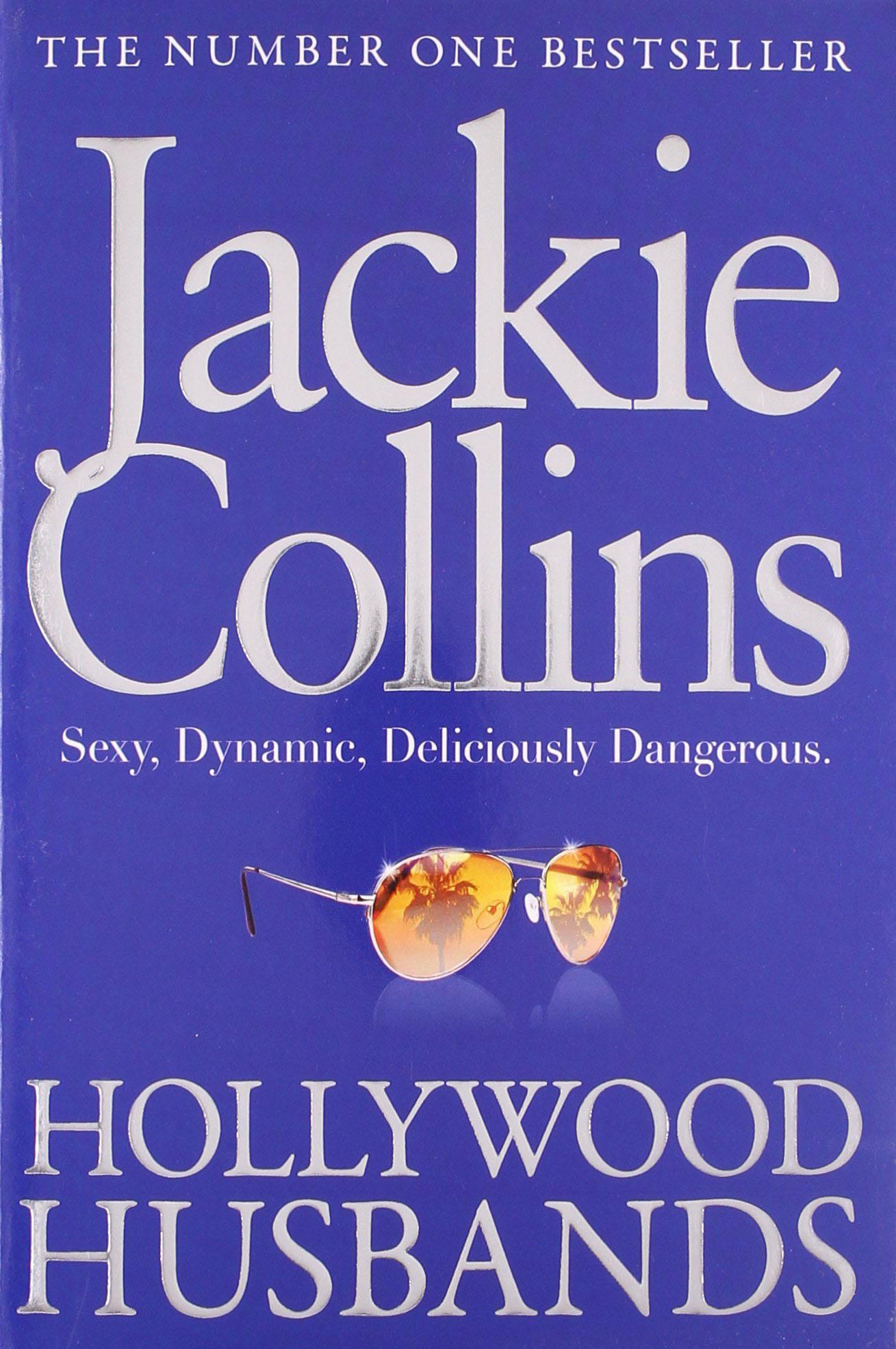
Like many women, Buchanan discovered the books far younger than the marketing plan for the novels would have liked. She recalls, “I think I was 12 or 13 when I read The Man Who Made Husbands Jealous by Jilly Cooper… and the sex was, erm, eye-opening but her focus on female pleasure seemed radical, I had never ever seen that anywhere else, and I loved that it was so jolly and silly and so emotionally real too.
“I cared so much about the people who lived in her universe and I was so convinced by them all, in a way that surprised me. Around the same time I read and adored Valley Of The Dolls and Peyton Place – they felt a lot more scandalous because those worlds weren’t quite as cosy as Jilly’s!”
The thing with the bonkbusters was that though sex was graphic and plentiful and front-of-house, that wasn’t the whole point of the genre. If women wanted that, they could just read more explicit erotica or porn. The displays of wealth and power were just as enticing.
Buchanan says, “Usually they are about strong, sexually confident, ambitious women succeeding. For me the fantasy isn’t just sexual – it’s the way they are causally making millions and driving fast cars! I wonder why the authors get dismissed in a way that male genre writers don’t?! What could it be?!”
Yes, the bonkbuster authors do tend to get dismissed as purveyors of trash, at least in literary terms, and probably mainly by authors who wish they could sell a hundredth, a thousandth of the average Jackie or Jilly. It’s something that does annoy Buchanan, who also does a weekly podcast called You’re Booked!, in which she visits authors’ homes and pokes about on their bookshelves – “I find that some of the most critically acclaimed authors around have plenty of well-thumbed Jackies and Jillys on their shelves,” she confides.
Buchanan adds, “I think trash is in the eye of the beholder – and many readers do not realise that if a book feels ‘easy to read’ it has taken a LOT of skill and craft and work to write. You do not leave the earth with an estate the size of Judith Krantz’s without being a gifted and resonant storyteller. I’ve met plenty of people who call these novels trash – but no one who has actually read one...”
Earlier this spring, publishers Simon and Schuster started to re-release a series of Jackie Collins’s books with new covers and introductions by many contemporary authors, Buchanan among them. Collins died in 2015, after privately battling breast cancer, and perhaps the interesting thing is that her novels are reaching a new generation of readers.
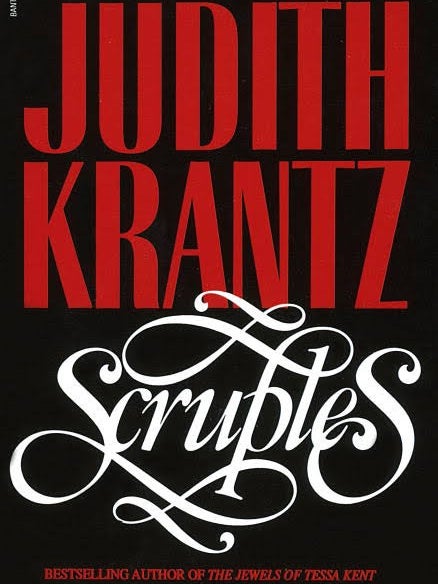
Ian Chapman is the CEO of Simon & Schuster UK and was a close friend of Collins. He says, “Jackie was kind, brilliantly astute, with a wicked, mischievous sense of humour, and a consummate storyteller. She made her craft look easy, like all great practitioners. I – along with many others – miss her still and often expect to see her appear suddenly in our midst. Jackie was a wonderful friend, too, always there to offer advice, support and wisdom.
“We have long made a solemn commitment to ensure that her legacy endures and are incredibly proud to have the opportunity to republish several of her bestselling novels in a fresh and exciting way. Jackie continues to be a hugely important author on our list and we hope to welcome a new generation of readers to her fabulous work.”
Jackie and Judith are gone. Jilly Cooper is still very much with us, of course, and just this month, she received the very first Lifetime Achievement Award from the new Comedy Women in Print organisation. She is 82 and working on a new book which has the working title Tackle!. It is, of course, set in the world of football and Wags. That will please Daisy Buchanan, who says Jilly is her favourite bonkbuster author “because her characters are so, so loveable”, though she thinks all the authors “are distinctive, courageous, compelling writers telling very different stories with their very different voices”.
The bonkbuster came from a time when it felt like anything was going to be possible for women. But then we found out that everything wasn’t possible, things weren’t going to get better. The gender pay gap hasn’t closed. Young women are confronted with ‘Love Island’ as the standard for how they should be looking
Jilly’s much-anticipated Tackle! aside, is anyone actually continuing the legacy of the bonkbuster today? “The excellent Lucy Vine writes the smartest, paciest romantic comedies – I love them in the way I love a good bonkbuster, and while she’s not as explicit as Jackie she is as jolly as Jilly, her books make me feel the same way that Jilly’s do,” says Buchanan. “I’ve just started The Thunder Girls by Melanie Blake which is very Classic Jackie – thrilling amounts of drama, betrayal and fabulous outfits. And I thought The Pisces by Melissa Broder was the Millennial bonkbuster on ayahuasca – sex and shopping goes darkly and deliciously weird.”
In a bid to feel the pulse of the current bonkbuster landscape, I arrange an interview with Rebecca Chance, author of a dozen novels including her latest from last year, Bad Twins. Chance’s biography says she “was born in Hampstead to international art dealer parents, and grew up in the exclusive millionaire’s row surroundings of London’s St John’s Wood. Tiring of her cushioned, privileged existence, she ran away to Tuscany to live a wild bohemian life on a wine-making estate, where she lived in a 14th century villa in a Chianti vineyard, partying with artists, learning Italian, and picking grapes. But big city life was calling her, and after staying in Rome and Porto Ercole, she moved to Manhattan, lured by the glamorous single-girl existence and nonstop nightlife.”
Chance lists her hobbies as “trapeze, pole-dancing, watching America’s Next Top Model, and cocktail-drinking”. She sounds like the absolutely perfect person to speak to about the bonkbuster in 2019, and I am looking forward to our phone call. There’s only one problem when I get through, though.
Rebecca Chance has just been killed.
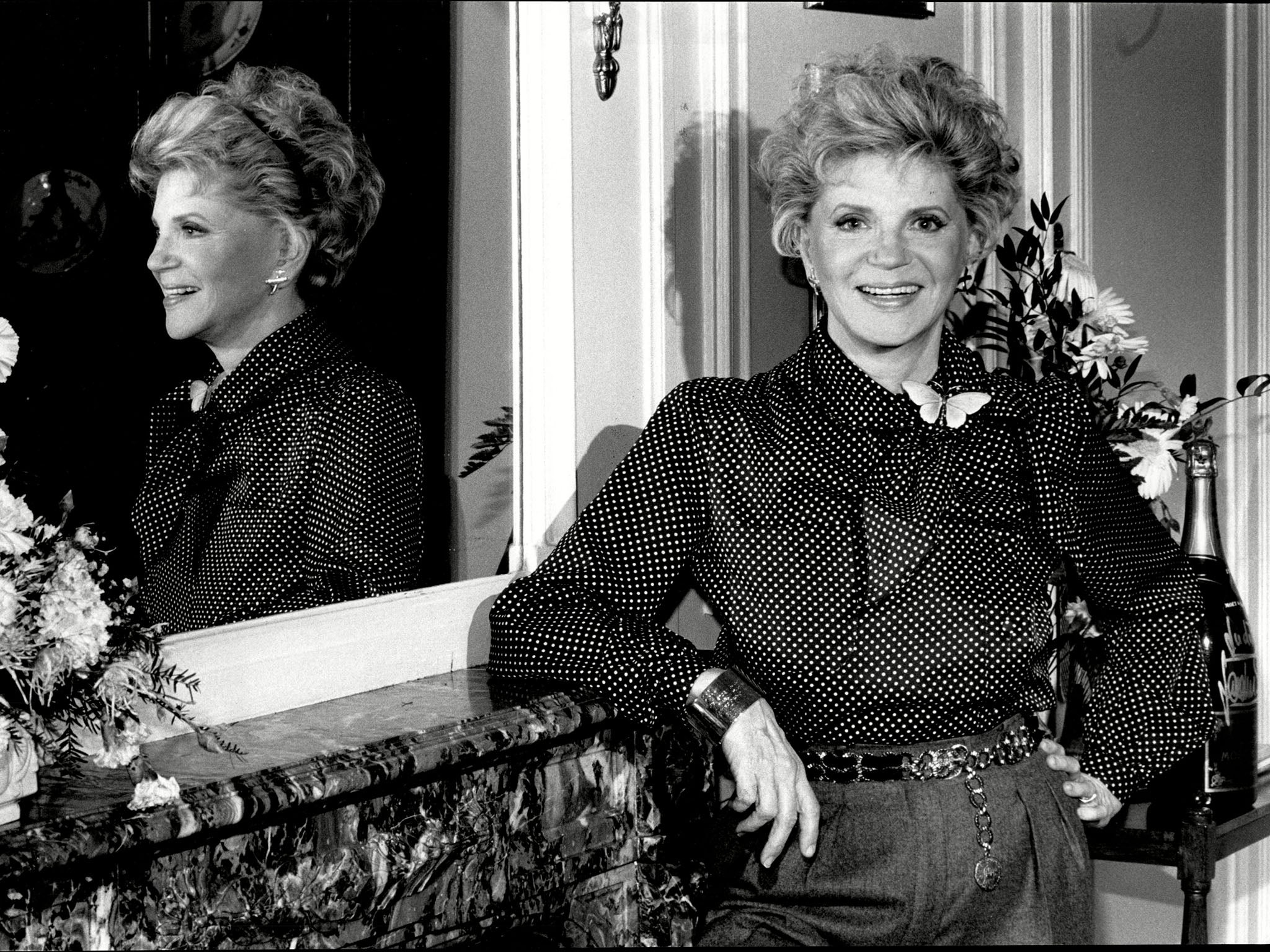
Was she pushed from a yacht in St Tropez harbour? Did she trip over sabotaged killer heels at a red carpet premiere? Did she drown in champagne or choke on diamonds?
Nothing so glamorous, unfortunately. Because Rebecca Chance is the pen-name of Lauren Henderson (another former journalist turned novelist) and she’s decided to step away from the bonkbuster.
“It’s an interesting situation, really,” says Henderson. “The Rebecca Chance books have been very successful, but I was becoming aware for some time that other, similar books were not really as popular as you might have thought they should have been. I have a good friend who is trying to write in the genre and just didn’t get any traction at all.”
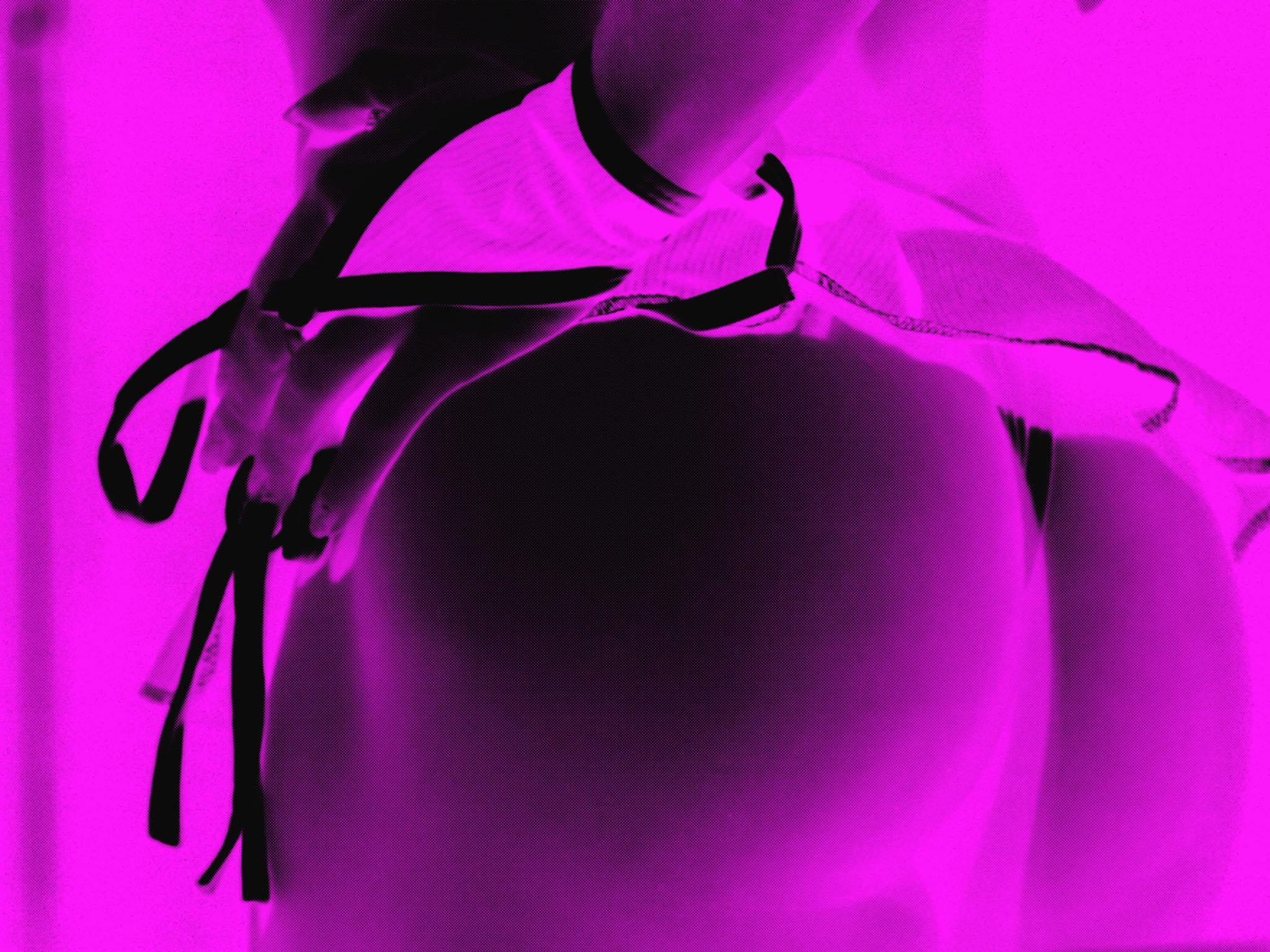
She feels that perhaps the publishing industry for women is divided into two main areas these days; books that she describes as “the little cupcake shop by the sea” or “my husband married me because he wants to abuse my differently-abled sister” – in other words, romantic comedies or domestic noir, both of which are hugely popular.
Henderson says, “I think the problem with the bonkbuster today is that there’s not really a good deal of optimism for women any more. It feels like women in fiction have to be miserable, and suffer. They can be married but their husband has to have some dark secret.
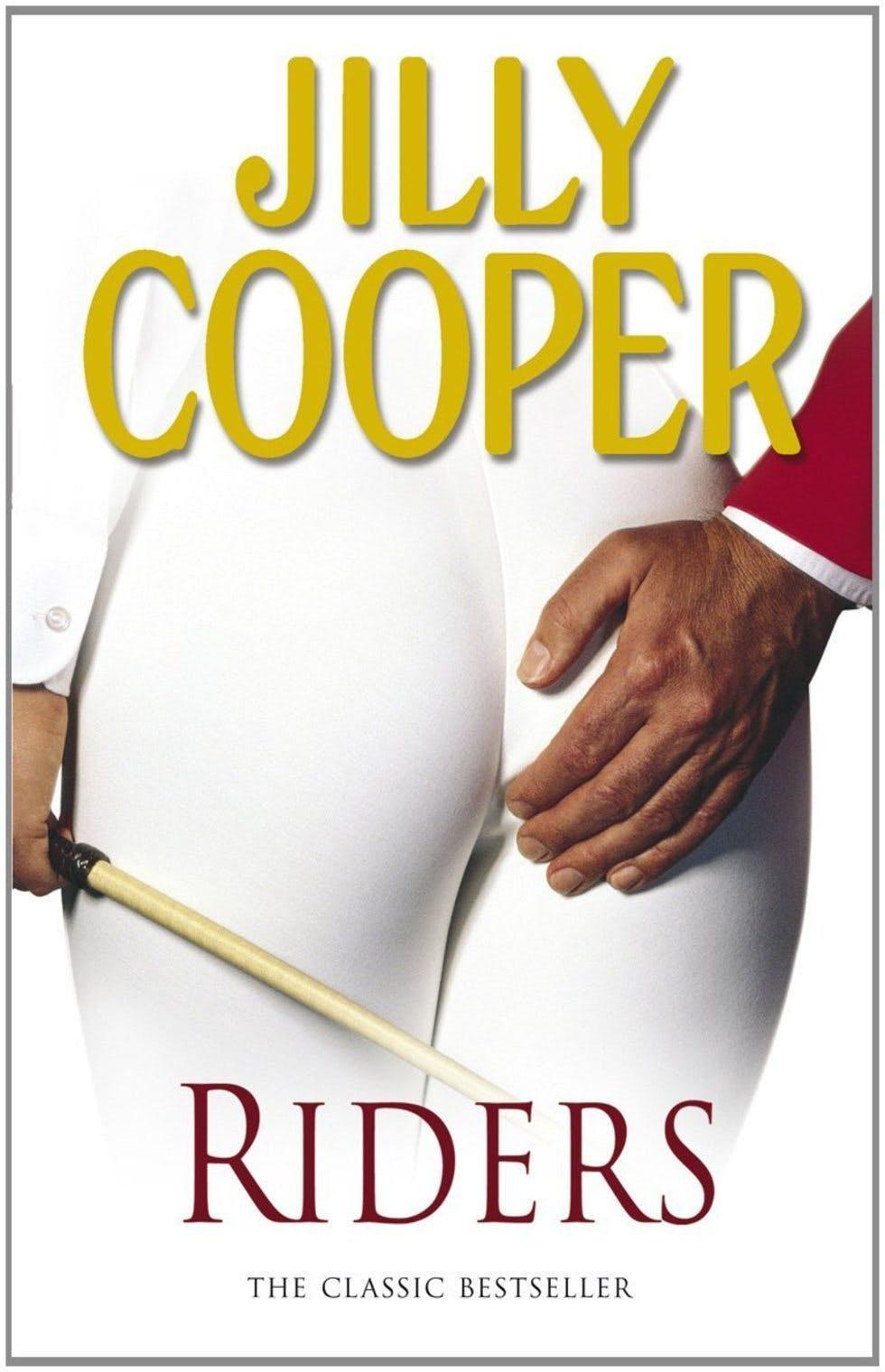
“The bonkbuster came from a time when it felt like anything was going to be possible for women. But then we found out that everything wasn’t possible, things weren’t going to get better. The gender pay gap hasn’t closed. Young women are confronted with Love Island as the standard for how they should be looking.
“The bonkbuster novels were empowering, and people spoke about them in this excited way, talking about how Lucky Santangelo was so wonderful and how she got exactly what she wanted.
“But there was still this stigma about writing them. I was once on a panel talking about books that was chaired by Anneka Rice, and she said to me that I write dirty books, whereas Jojo Moyes [author of Me Before You] writes romantic novels.”
Henderson is going back into crime fiction, which is where she started, but she’ll always love the “fun and frolics” of the bonkbuster and her Rebecca Chance years. She reflects, “In the Eighties we were told we could have it all, but now we’re told that we can’t. No one can have it all, but you can have quite a lot of it, and enjoy it while you do.”
Join our commenting forum
Join thought-provoking conversations, follow other Independent readers and see their replies
Comments
Bookmark popover
Removed from bookmarks